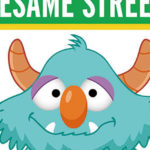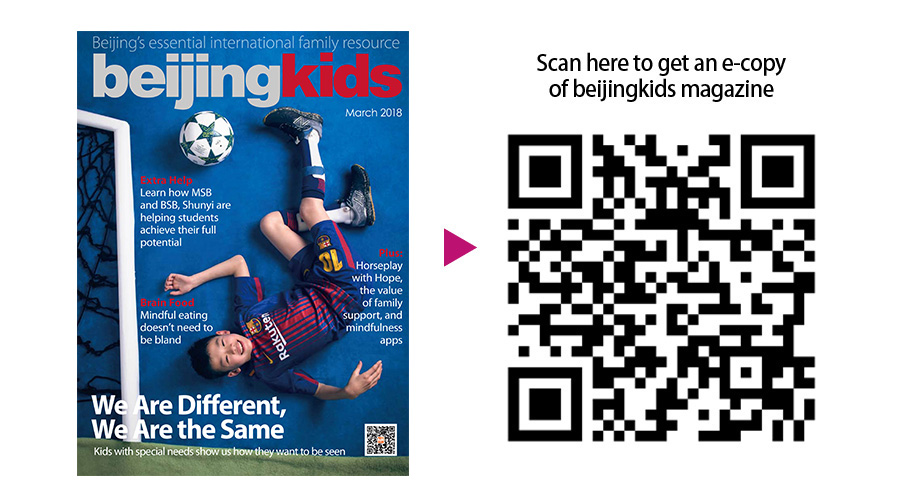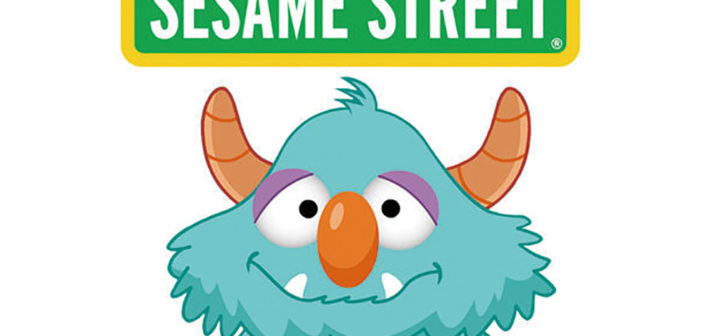Mental health is important for all ages, but pressures on growing children can be especially tough. Making friends, getting good grades, and figuring out the world can be a challenge. Social media has also created a generation of children who have less practice with face-to-face social interactions outside of the family. Some classroom behavioral issues are also created because children cannot understand their own emotions or read social cues. Coupled with social anxiety or a poor ability to directly communicate what they need, this can be a difficult hurdle for a child.
Luckily there is a plethora of online resources for parents to help facilitate clear, healthy communication with their kids. If your child has behavioral issues, social anxiety, depression, or difficulty focusing in class, try one of these five highly-rated mindfulness apps. While nothing can take the place of a parent’s attention, these can be a fun supplement for those seeking a little extra help.
 Breathe, Think, Do Sesame (Free, ages 4+)
Breathe, Think, Do Sesame (Free, ages 4+)
Emotions can be overwhelming, especially in children. That’s why Breathe, Think, Do Sesame aims to help kids tackle everyday frustrations, from simple things like learning to tie shoes, to more taxing problems like dealing with separation anxiety. Breathing activities and thinking strategies are reinforced with colorful video clips and fun narrators. Also check out Sesame Street in your app store for more high quality, invaluable free educational apps.
 My Digital Problem Solver (USD 1.99, ages 6+)
My Digital Problem Solver (USD 1.99, ages 6+)
Rated four stars from educational non-for profit Common Sense Media, My Digital Problem Solver (Or My DPS for short) is a simple app designed to teach kids how to read emotions and develop coping strategies. You start by selecting a picture that shows a specific emotion, like anger, boredom, or fear, then a possible positive coping strategy to deal with those emotions. Useful for children with anger issues, who have difficulty understanding emotional expressions or those on the autism spectrum. This app is customizable, and new pictures and text can be added to illustrate new emotions and coping strategies.
 Smiling Mind (Free, ages 7+)
Smiling Mind (Free, ages 7+)
An Australian non-for profit initiative, Smiling Mind was designed to help kids “put a smile on their mind” through mindfulness meditation techniques. Adorably named meditations, like “The Bubble Journey,” guide users through breathing techniques using clear audio instructions. Users are encouraged to donate to Smiling Mind if they enjoy using the app. Also note there is a strong hippie vibe to much of the content, which might make teens roll their eyes.
 Calm (Free trial, ages 7+)
Calm (Free trial, ages 7+)
The most famous and frequently downloaded on this list, Calm offers daily three to 25-minute programs featuring soothing visuals and music that help to calm anxiety, manage stress, and allow for deeper sleep. Calm also does without the “mystic talk” of some other popular mindfulness apps and contains a special “Calm Kids” section for more playful meditation. Calm could easily be used for whole family meditation or quiet alone time on a shareable tablet. Subscriptions are USD 12.99 a month or USD 59.99 a year.
 Conversation Builder (USD 19.99, ages 4+)
Conversation Builder (USD 19.99, ages 4+)
If your child has social anxiety, has difficulty making friends, or is on the autism spectrum, Conversation Builder could help them build healthy social skills. In the app, users see a photo of kids in typical social situations and then select and record a response. With hundreds of different conversations to build, users can then review, re-do, and improve their communication practices.

This article appeared on p16 of beijingkids March 2018 issue.




